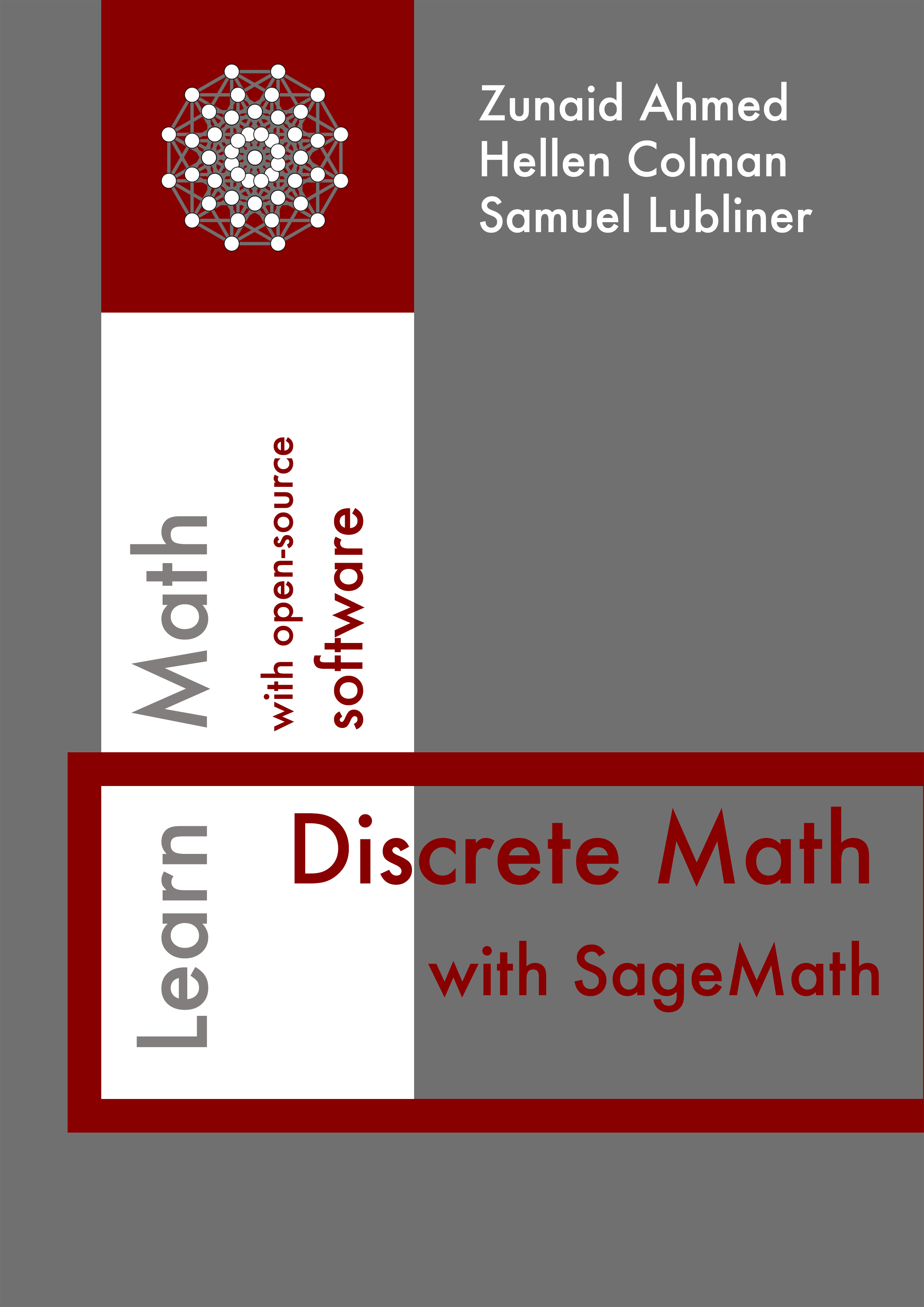Section 11.1 Logic Gates
Logic gates are the foundation of digital circuits. They process binary inputs to produce specific outputs. The basic logic gates are \(AND\text{,}\) \(OR\text{,}\) and \(NOT\text{.}\) Derived gates include \(NAND\text{,}\) \(NOR\text{,}\) \(XOR\text{,}\) and \(XNOR\text{.}\) Each gate has its own symbol and behavior defined by a truth table.
Subsection 11.1.1 AND Gate
The
AND gate produces a 1 only when both inputs are 1.Truth table for the
AND gate:Subsection 11.1.2 OR GATE
The
OR gate produces a 1 if at least one input is 1.Truth table for the
OR gate:Subsection 11.1.3 NOT Gate
The
NOT gate inverts the input: 1 becomes 0, and 0 becomes 1.Truth table for the
NOT gate:Subsection 11.1.4 NAND Gate
NAND: Produces 0 only when both inputs are 1.Subsection 11.1.5 NOR Gate
NOR: Produces 1 only when both inputs are 0.Subsection 11.1.6 XOR Gate
XOR: Produces 1 when inputs differ.Subsection 11.1.7 XNOR Gate
XNOR: Produces 1 when inputs are the same.
